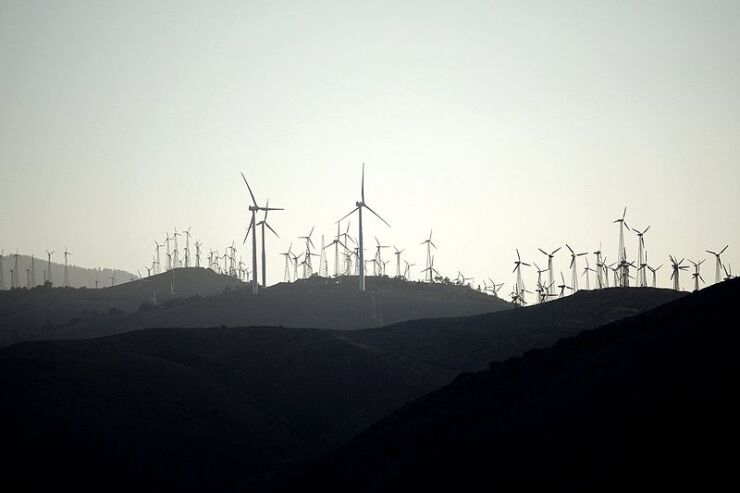PHOENIX - President Trump's decision to remove the U.S. from the Paris climate agreement will have little impact on municipal issuers, analysts say, as economic forces and state regulation will continue to push the U.S. energy market away from fossil fuels.
Trump’s June 1 announcement that the U.S. would withdraw from the international accord aimed at reducing carbon emissions, an agreement virtually every developed nation in the world signed, was predicated on the idea that burdensome emissions standards hamper the economy and depress traditional American industries like oil and coal. Analysts, however, doubt changing standards affecting the public power sector and muni issuers reliant on energy economies can be reversed by the White House’s decision.

“The issues associated with climate change are no longer dependent upon the agreement,” said Joseph Krist, a partner at Court Street Group Research. “The market is driving the decisions being made to emphasize natural gas versus coal, the expansion of renewables, and the demand for climate friendly products and services is market driven.”
The Paris agreement, a U.N. backed treaty signed in 2016, is not legally enforceable and instead aimed at getting participating countries to voluntarily adopt standards to control greenhouse gas emissions. The U.S. is the world’s second-leading producer of carbon emissions after China, according to the Environmental Protection Agency.
According to Fitch Ratings, state-level mandates, as well as market forces, are likely to keep public power providers moving toward renewables.
“California's environmental mandates, which are among the most ambitious in the nation, have already triggered a radical transformation of the state's energy supply,” Fitch said in a June 8 report. “California began an environmental policy shift more than a decade ago and the credit quality of the public power issuers in the state remained intact as a result of the timely cost recovery implemented by the issuers.”
Fitch said it expects that more states may opt for stricter regulations over time, but that it would not expect a rating impact on public power issuers over the long run, because the majority have the flexibility to raise rates as needed to support their revenue bonds.
“At this point, we do not see any credit impact on municipals from the President’s decision,” said Tom Schuette, partner and co-head of investment research and strategy at Gurtin Municipal Bond Management. “A wide swath of state and local governments were already aggressively pursuing renewable portfolios and pushing policies that would curb emissions and we would expect many of these obligors to continue those efforts and perhaps even augment them. Those states that may believe that the Paris agreement was impairing their economies are also unlikely to drastically change their behaviors in a post-Paris environment, and we also would expect these states to see minimal if any economic benefit from the United States withdrawing.”
Schuette said public power probably would be the most affected sector, though he doubted utilities would alter their strategies because of the Paris withdrawal.
“Given the cost of new power supplies and the useful life of these assets, we believe most obligors will continue to skew their decisions towards assets that move away from fossil fuels in anticipation that the arc of future regulations will bend towards renewables,” he said. “There may be isolated decisions that run counter to this, but by and large, the market is making coal and other high emission sources less attractive, and many customer bases are demanding a movement towards renewables.”
States heavily reliant on energy economies, such as Alaska, West Virginia, and Wyoming, have already begun taking steps to diversify their economies and take advantage of renewable resources available to them. According to the terms of the Paris accord, no country can formally withdraw until November 2020.





